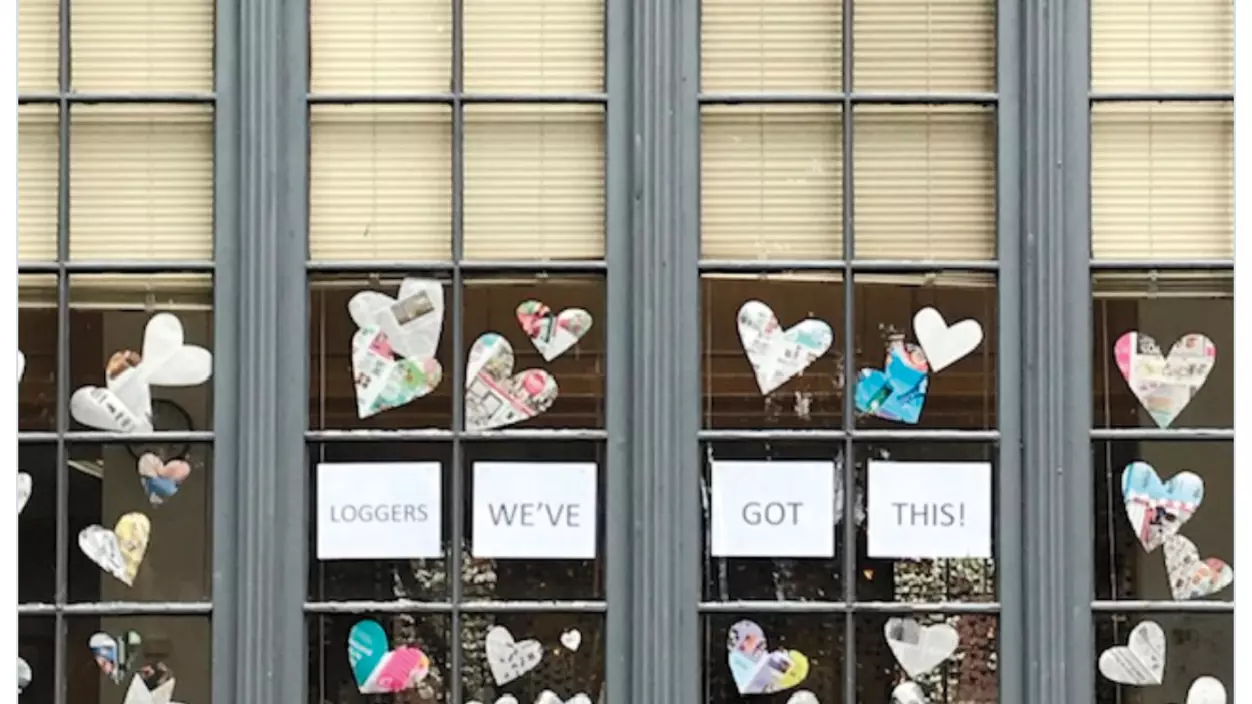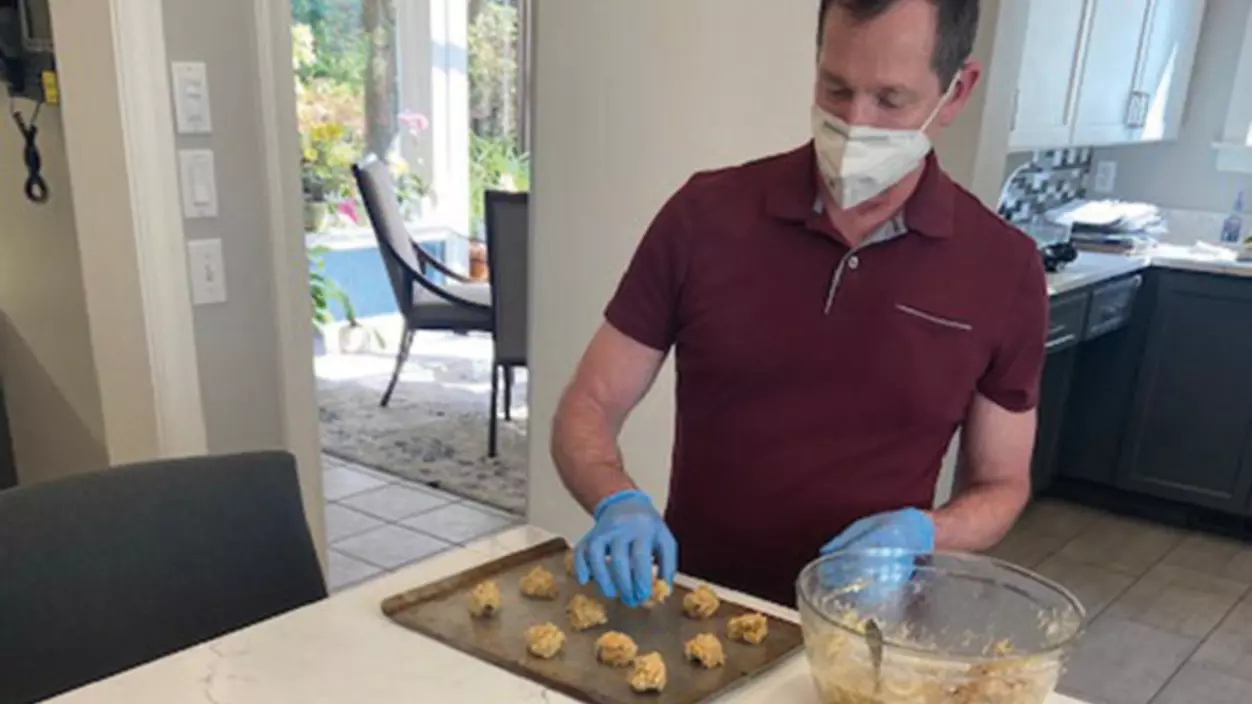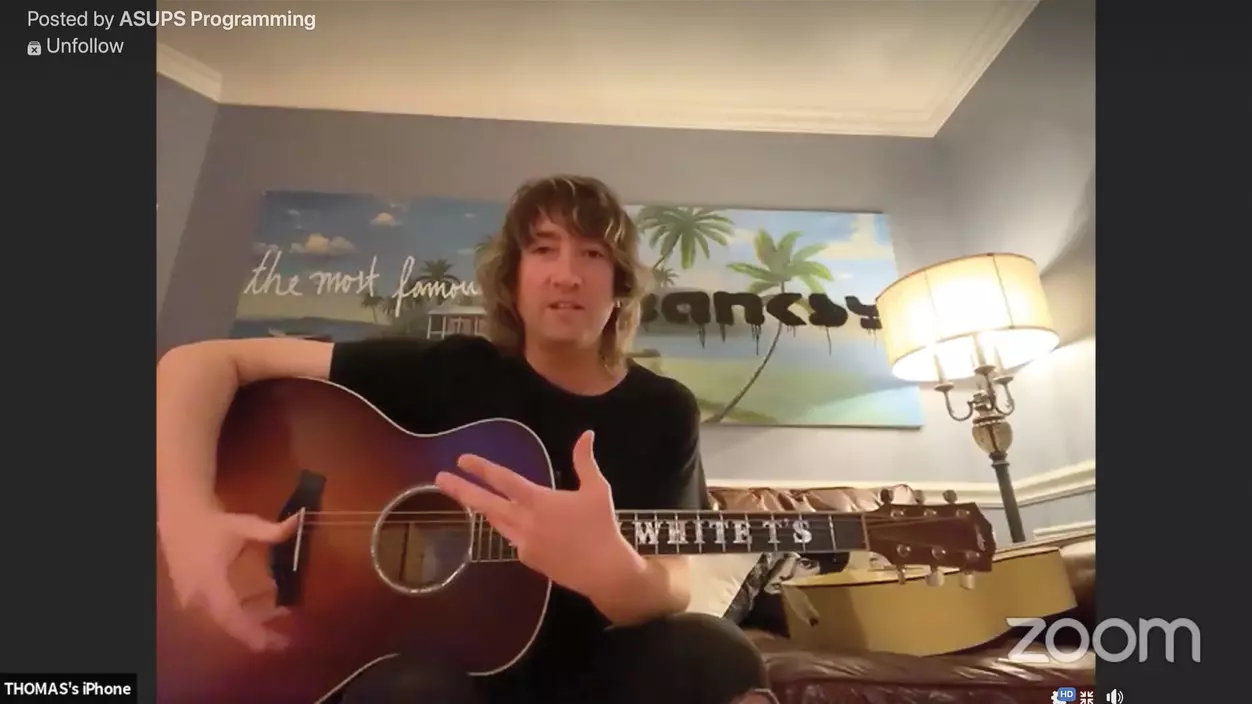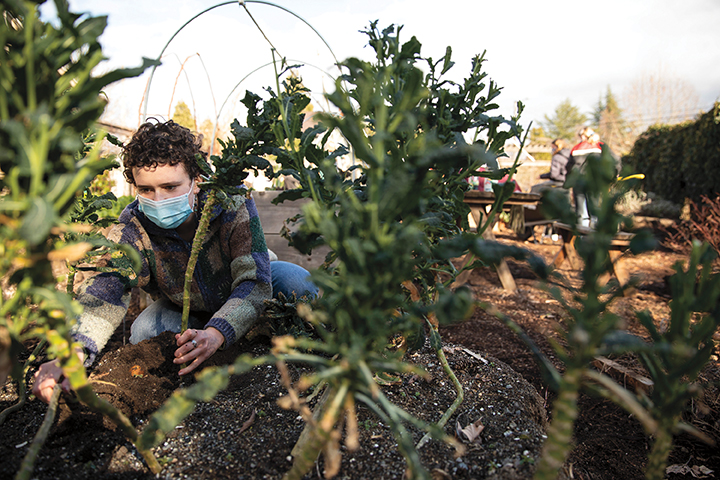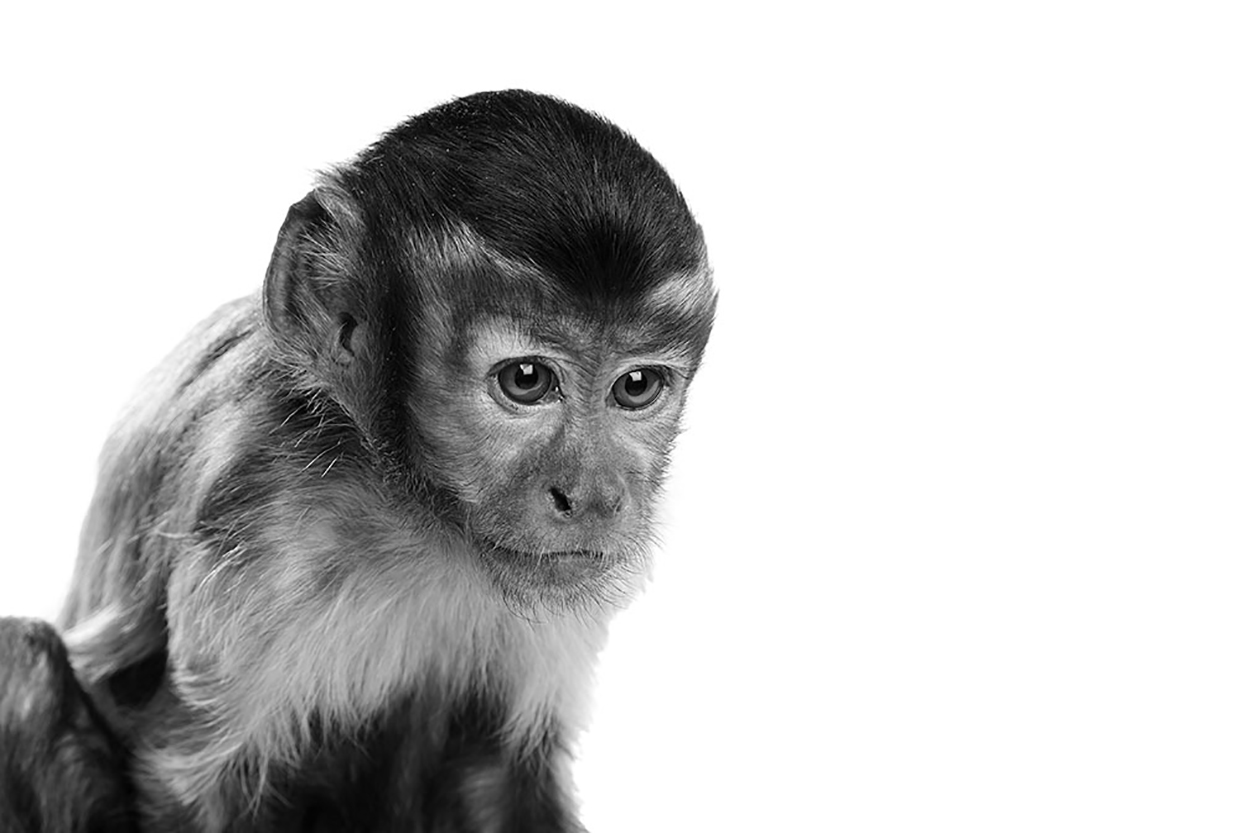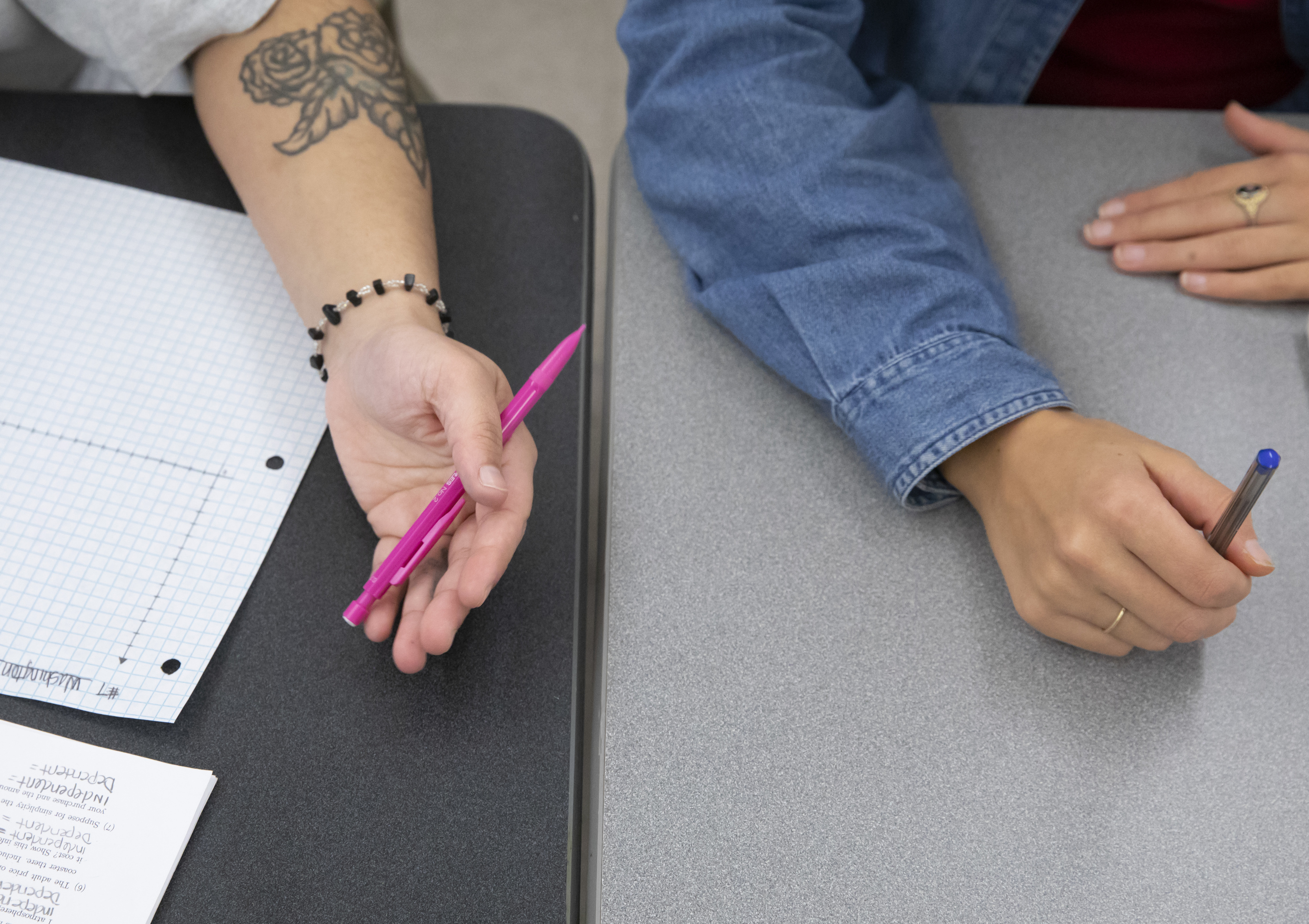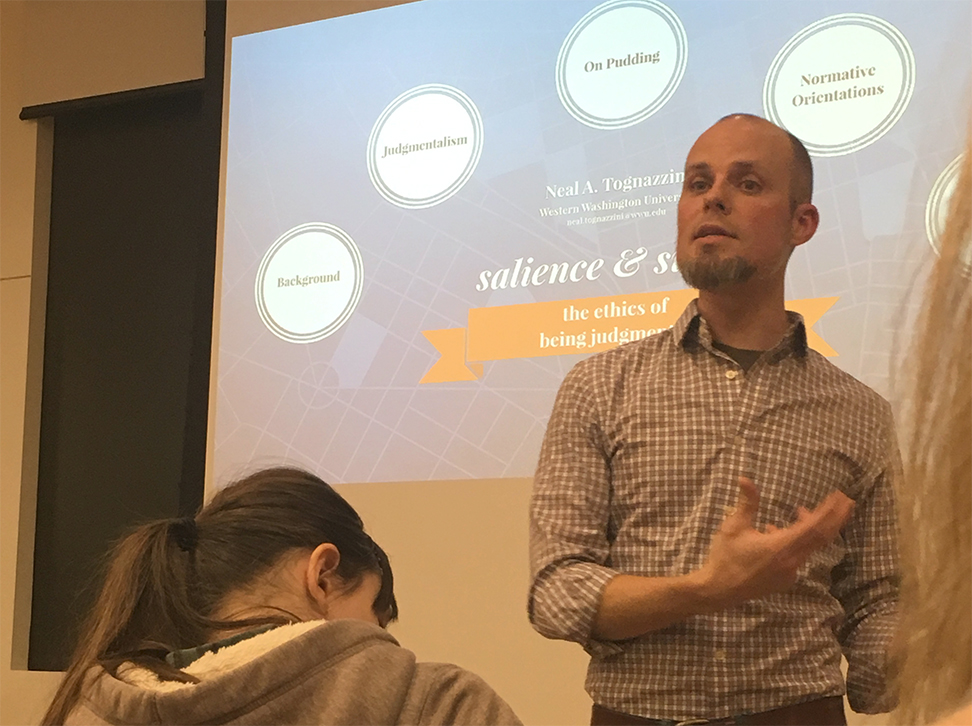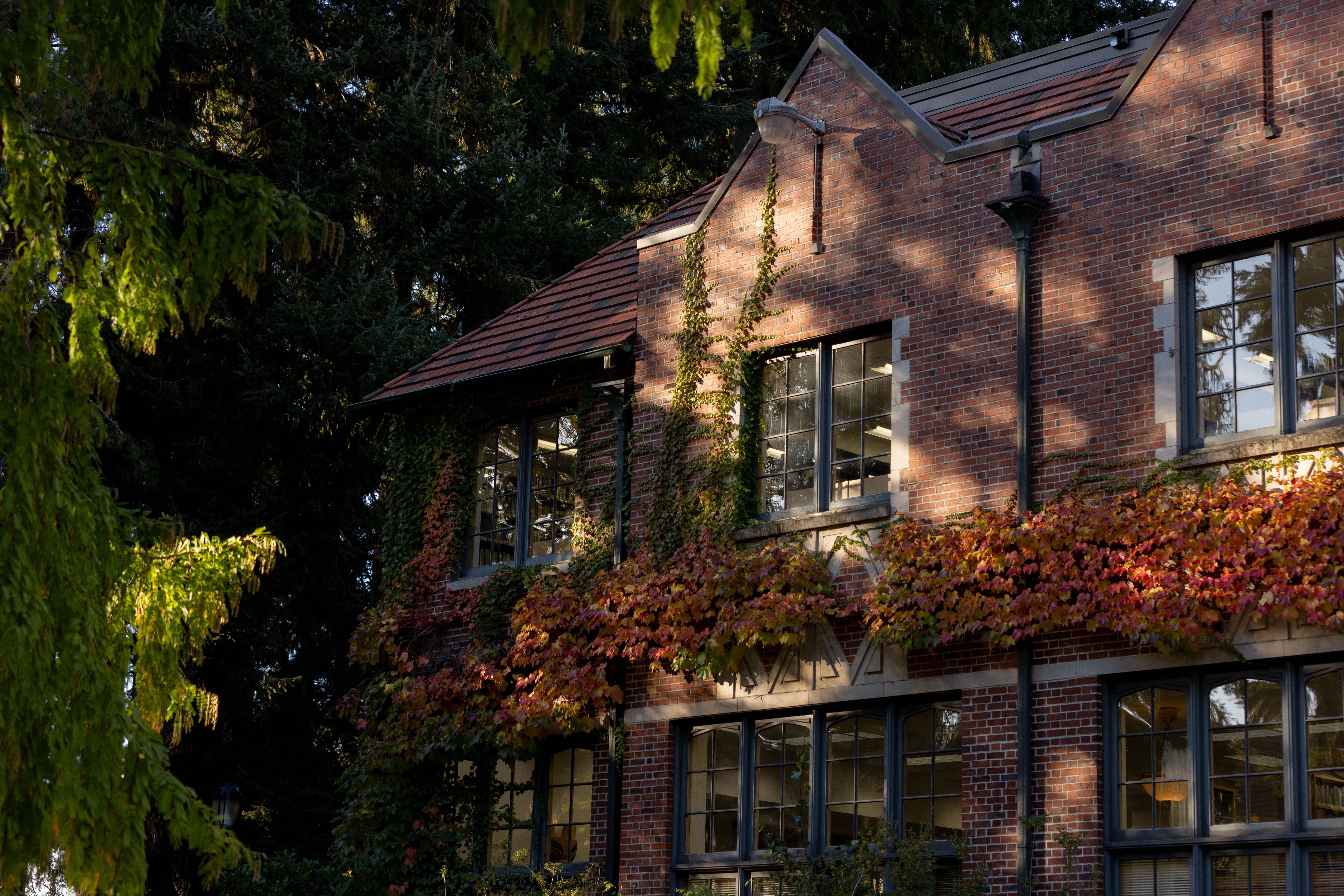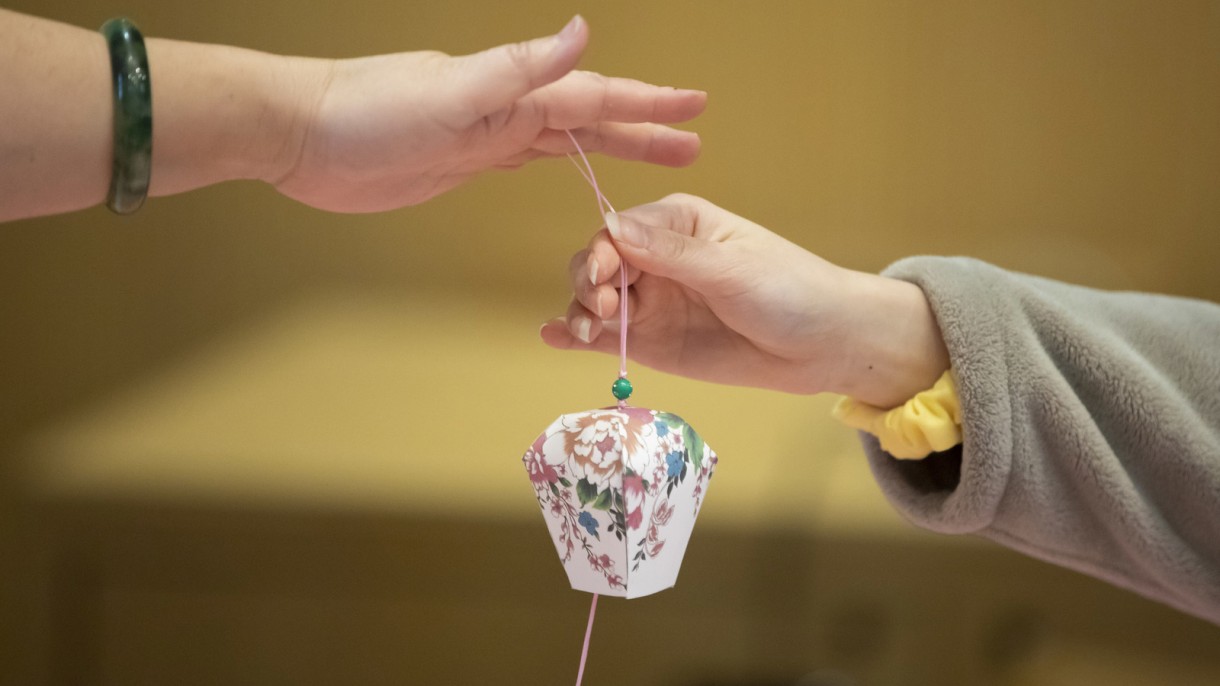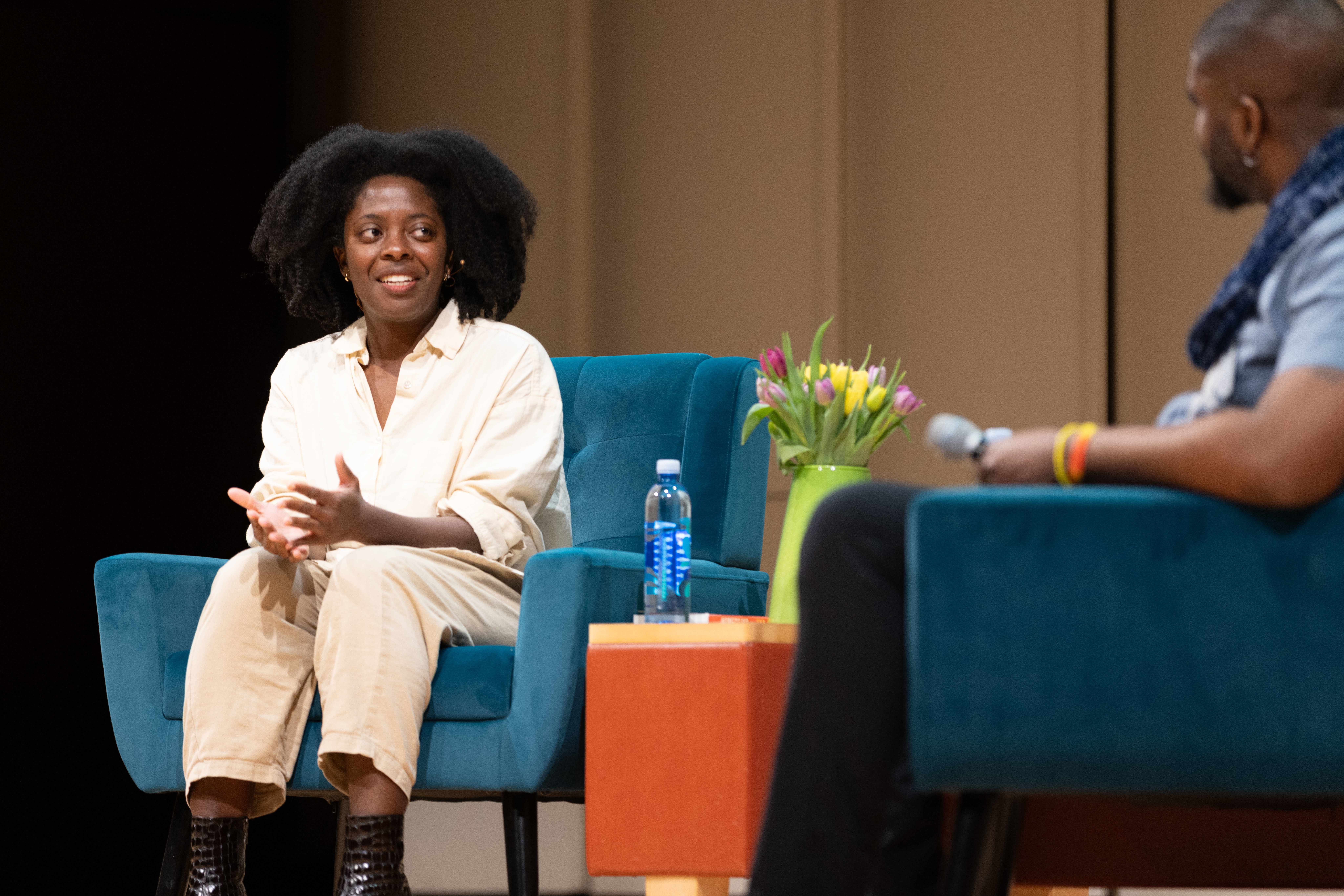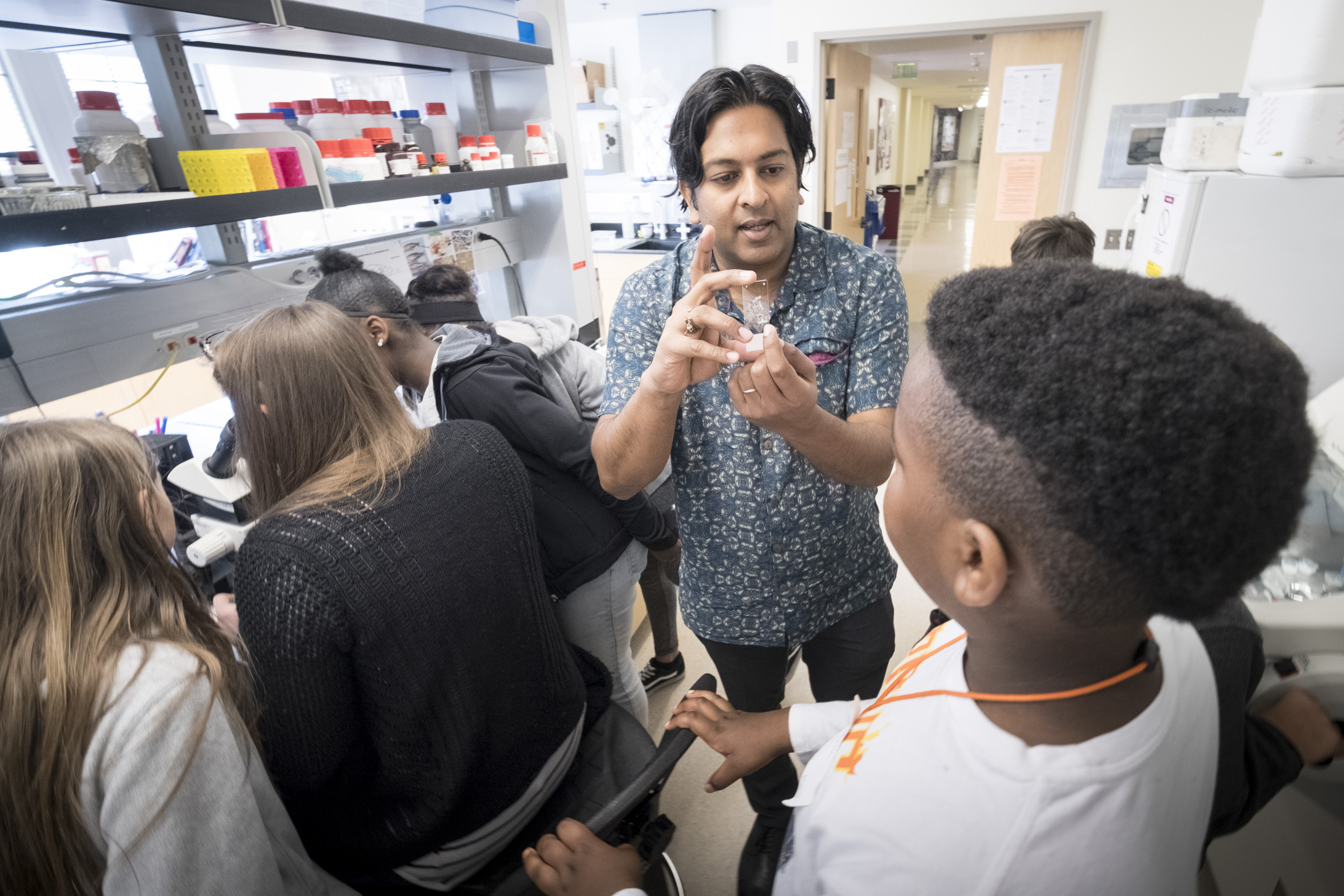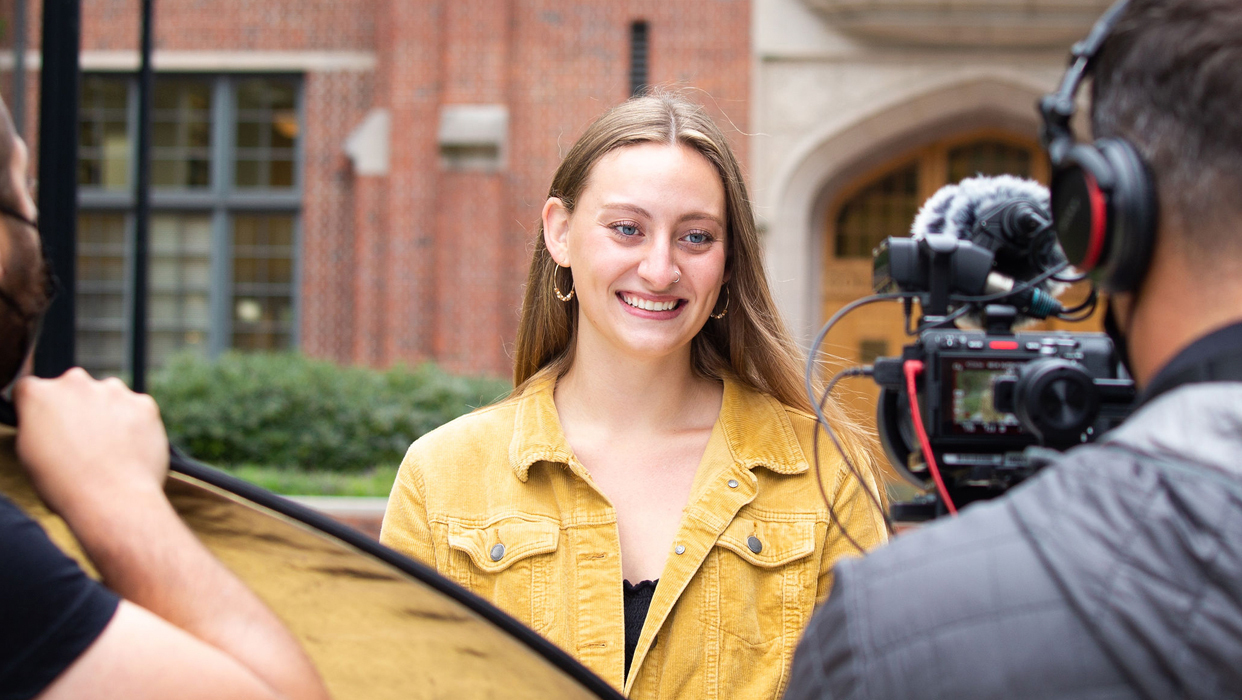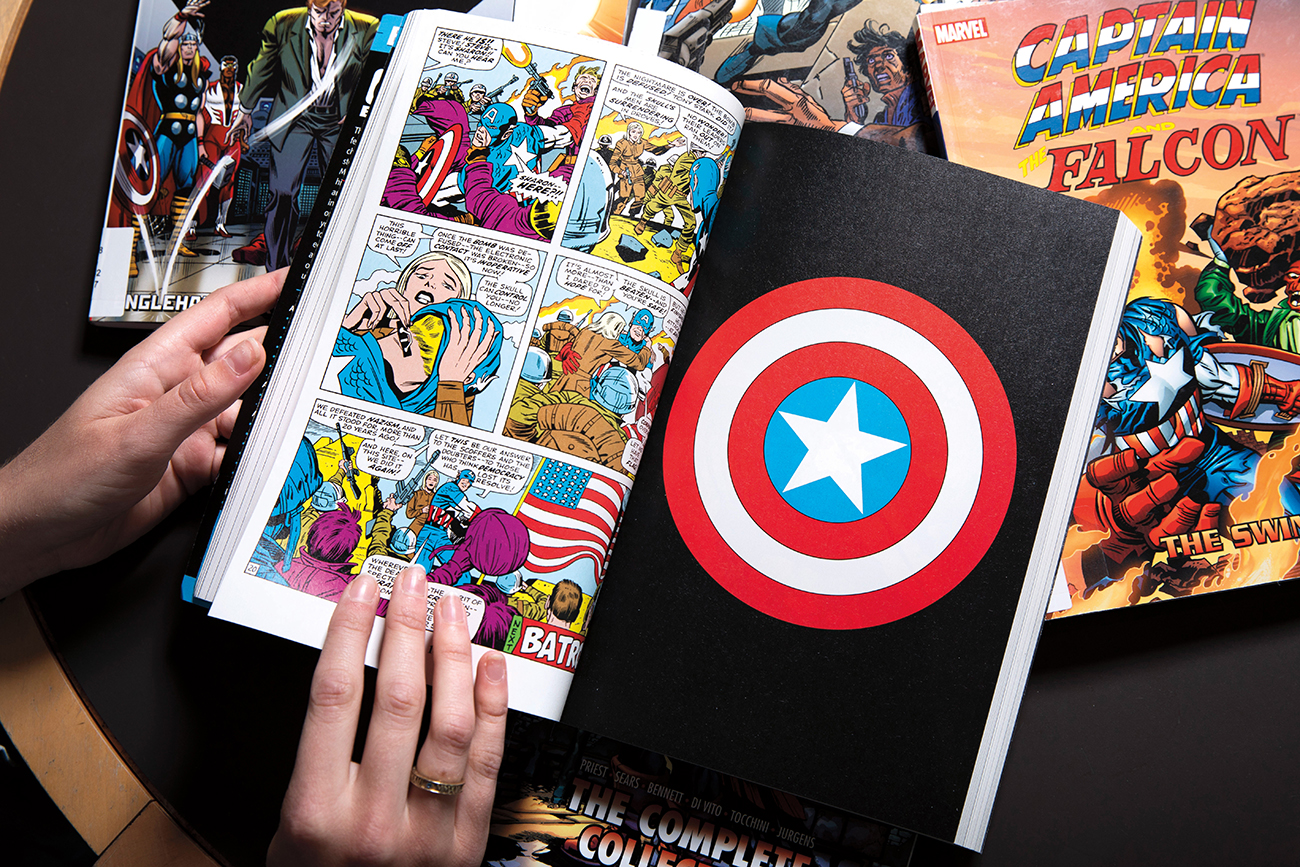Panhellenic Council programming director Ashley Brauning ’21 (Kappa Alpha Theta), looking for a way to foster a sense of community, devised a pen-pal program, matching interested sorority sisters with one another, so they could write to each other via snail mail. About 60 sorority members participated, sending everything from weekly updates to Netflix recommendations to candy bars to their pen pal. Brauning assigned herself a pen pal, as well, and says, “It’s been rewarding for me—not only to make a new friend but also just to feel connected to campus.”
Other students pitched in to help in the pandemic in a variety of ways, large and small. Capriana Jiang ’23, along with her brother Trenton, created the Facebook group “Mask-ER-Aid,” which has helped people make more than 1,250 masks, 300 surgical caps, and 340 ear-tension relievers for health care workers in San Jose, Calif. First-year student Jules Tan ’23, double majoring in violin performance and English, gave neighborhood concerts from the front porch of her home in Boise, Idaho. And occupational therapy grad student Gabrielle McKenzie M.S.O.T.’21, who specializes in restorative yoga, offered live virtual yoga lessons for her classmates on Zoom twice a week. “We focus on gentle stretching, alleviating stress, and relieving muscle aches that result from being at a computer all day,” she says.
The university also did what it could to help the cause. It donated excess N95 masks to local health care facilities, and the campus’s Makerspace manager, Jada Pelger ’96, cranked out 3D-printed masks and mask extenders for use by a local hospital.
At press time, an end to the pandemic was not yet in sight. Two major events scheduled for June—the annual Summer Reunion Weekend and the Alumni Council Volunteer Summit—will not take place this year, and the university has said that remote learning will be in place through at least June 26. Given the most recent guidance from Washington state, the university is planning to welcome students again and resume in-person classes (while adhering to public health guidelines) in the fall, and potentially sooner. At the same time, according to President Isiaah Crawford, “We also are planning for contingencies, including—if absolutely necessary— enhanced remote learning that will incorporate the best of what we have learned from this semester.”
